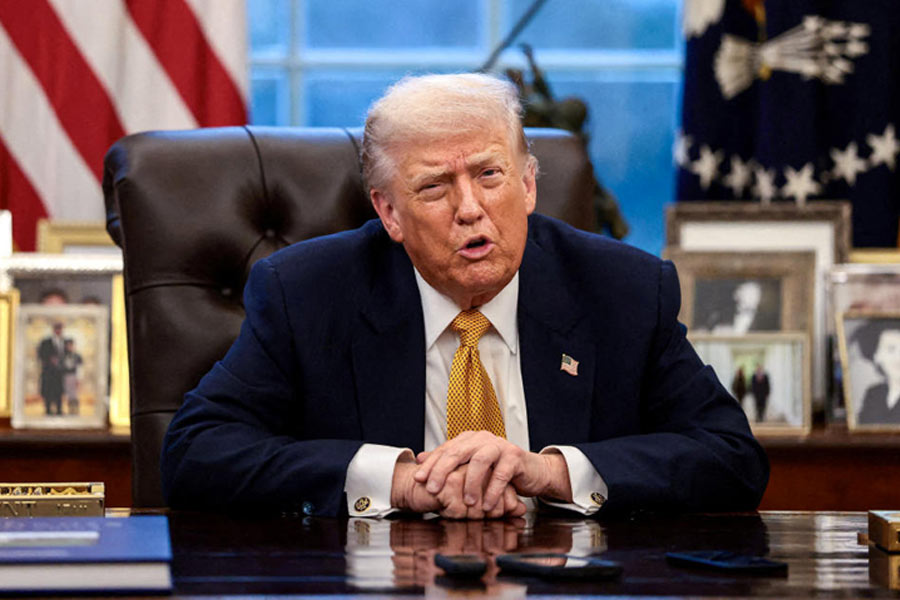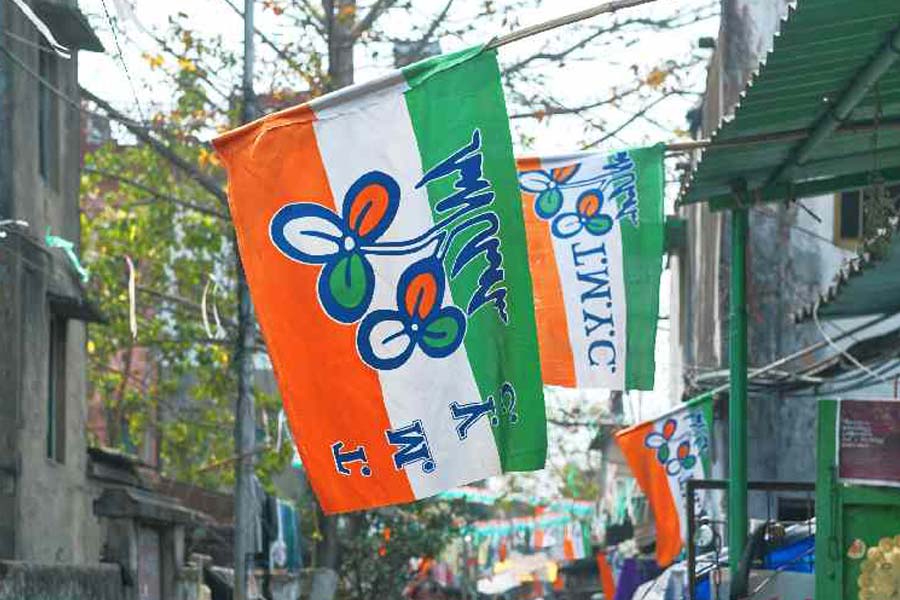 |
| Singh. (PTI) |
On board the PM’s special flight, June 29: Prime Minister Manmohan Singh threw political caution to the winds today and declared that after petrol, the price of diesel too would soon be decontrolled as part of “much-needed reforms” essential for India’s continued economic growth.
Clearly buoyed by the accolades he received from world leaders, including Barack Obama, at the G20 Summit over the weekend, an unusually assertive Prime Minister did not seem at all perturbed by the widespread Opposition outcry back home on the latest hike in the prices of petrol, diesel, LPG and kerosene.
Instead, he made it clear that he would not be swayed by “excessive populism” when it comes to taking tough economic decisions — a message that was directed as much at the Opposition as at his own populism-oriented Congress party.
Asked if the decision to hike the prices last Friday was “a tough call” and whether further deregulation of the sector was on the anvil, the Prime Minister said: “With regard to petroleum prices... the fact that petrol prices have been set free, the same is going to be done to the diesel prices was much-needed reforms.”
He went on to say: “And the adjustment that has been made in the prices of kerosene and LPG were also necessary, considering the very high amount of subsidy that is implicit in the pricing structure of kerosene and LPG. We have taken due care to ensure that the poorer sections are affected to the least possible extent and that is why the attempt to keep under regulation the prices of kerosene and LPG.”
The Prime Minister firmly denied that the decision to hike fuel prices was taken under international pressure to cut subsidies. “There is no pressure on the government of India from any quarter. What we need to do is the right thing by our country. The subsidies for the petroleum products have reached a level which is not connected to sound financial management of our economy. So it is taking that into account that this decision has been taken to put some burden on the common people, but I think it is manageable.”
Although he ruled out any international pressure, Singh’sreply to another question indicated that international accolades did play a role in the “cut subsidies to ensure growth” strategy of the government.
Asked for his response to the vociferous opposition to the latest fuel price hike, including by UPA alliance partners, Singh said: “Well, I read about the intentions of the Opposition in the press. I have not talked to anyone myself, nor have I been briefed by our political establishment.”
Then making it clear that Opposition within or outside the UPA was not going to lead to any rollback, he said: “I think the people of India would appreciate the compulsions which have compelled us to undertake this measure. And our people are wise enough to understand that excessive populism should not be allowed to derail the progress our country is making, and for which it is winning kudos internationally as well.”
Keeping an eye on international kudos, the Prime Minister also ruled out imposing any tax — known as the Tobin tax — on capital flows into India. The tax, which is aimed at checking speculative and volatile capital flows in and out of the market, has been imposed by developing countries such as Brazil.
Asked whether India was considering imposition of the tax, the Prime Minister said: “Well, the Tobin tax has merit in particular situations but, as far as India is concerned, we have not reached a stage where capital flows have become a problem.”
In the same laissez-faire vein, he ruled out any legislation to make private players in public-private partnership (PPP) projects ensure the health and well-being of workers in their enterprise. “I think good corporate houses are looking at what they can do in providing social services, education, health facilities for their employees. I think that it’s a corporate responsibility which has to be shouldered by the corporate sector on its own. We are not contemplating any legislation in that area.”










